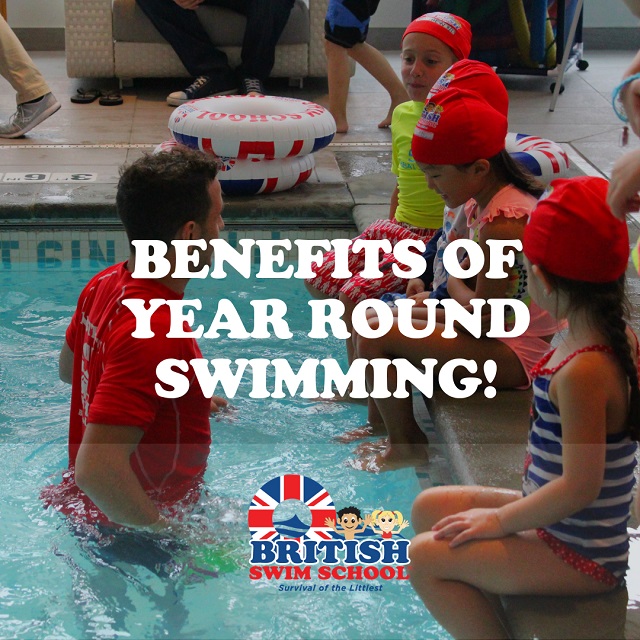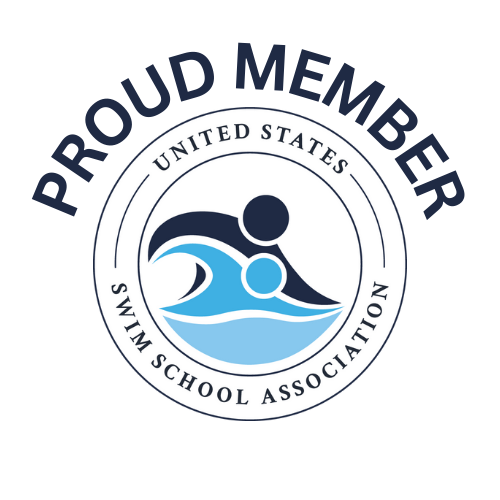
Summertime is water time for families all over the country. Families rush to the lakeside or seaside, relaxing in the warm sun on boats, or going to the local pool club to cool off and come together and celebrate the warmer weather.
The CDC’s Opinion on Water Safety:
As much as the water becomes a beloved part of daily summer routines, it is also a danger for children who don’t necessarily have a good handle on their water-wings. According to the Centers for Disease Control and Prevention, “from 2005-2014, there were an average of 3,536 fatal unintentional drownings (non-boating related) annually in the United States—about ten deaths per day.”
In regards to children, the CDC adds that “for every child who dies from drowning, another five receive emergency department care for nonfatal submersion injuries.”
Does my child really know how to swim?
So, one may sit and tell themselves that “my child knows how to swim, they’ll be fine in the water and they have a good grasp on keeping their heads above the waterline, I’m sure they’ll be fine.”
Sure, children who spend time in the water generally know how to swim. They may have taken swimming lessons for a short period of time, and they feel confident that they won’t need their floaties when diving into the town’s pool. However, swimming, like any other sport, art, or skill, requires consistent dedication and practice to master, even when it may only be used a few months out of each year.
What would an Olympian Say?
Water is a natural magnet for children, and as per former Olympian and swimming analyst for broadcast TV, Rowdy Gaines states that “We’ve found a cure for drowning, and it’s pretty simple.” Gaines promotes children learning to swim as early as they learn to walk with continuous practice and repetition. From there, Gaines says, “there’s an 88% reduction in risk.”
It is clear then, that it is essential to the safety of children, and the ease of parents’ minds, that children are well trained and well-equipped in the water. However, where does one go once their child feels confident in the water?
So my child knows how to swim, is it really important to keep practicing? How much does it actually improve their safety?
Herein lies the importance of continuous practice. Practice, in a broad sense, is simply an activity that one repeats regularly, and in some cases, in order to achieve a higher level of efficiency.
Children practice all of the time, whether it is realized fully or not. That is why practice is so important. Even when children aren’t actively doing an activity, or when the child is doing the activity in a different area (i.e. swimming in an indoor pool instead of at the lake) their brains are still absorbing information and storing it for future use. This is illustrated when a child gets frustrated say with their math homework. After taking a break, the child returns refreshed and ready to take back on the task of completing their multiplication tables in a more effective manner.
When children focus on what they want to improve upon, it opens the door to more efficient practice. When jumping form task to task or skill to skill, it is hard to become efficient in all of those different areas. That is why in classroom settings, children will spend an hour on math, an hour on reading, and an hour on writing in order to consistently work those skills and become efficient at them. It is much more difficult for a student to learn if their schedule consists of fifteen minutes of reading, fifteen minutes on math, and 15 minutes on writing as they do not have enough time to sufficiently absorb information and hone their skills.
The same can be said for swimming. By focusing on goals and working towards those goals, like wanting to be able to swim from one end of the pool to the other, a more efficient style of practicing is instilled and children learn much faster and more efficiently, continuing to master the skill and use it continuously.
Setting those goals and practicing to specifically achieve those goals maximizes students’ time, efficiency, and will give them the best chance at achieving those goals with consistent and guided work.
With consistent swimming practice, children will hone in their skills in the water and will assure safety in the water, preventing cases of drowning and dangerous water submersion, all the while being able to continuously enjoy the water year-round with friends and loved ones.
Why Use British Swim School’s Program?
British Swim School’s program breaks down the key components of water safety and aquatic fun in a supervised, safe, and supportive environment for children. Children as young as 3 months old can work with a professional instructor and a parent in order to; get acclimated to the water, get over any kind of fear of water, back float in water (as it is the safest position for someone to be in the water), and get used to being submerged in the water while doing so safely.
Children can then work their way up through programs such as the Shark swimmers who then take skills learned early on as a tadpole and use the to learn refined swimming techniques. The students then use these techniques in order to improve stamina and distance swimming, even working their way to the Barracuda and Adult swim teams!
Not only will children learn basic water safety, but they can continue building, developing, and refining their water wings in an upbeat, professional, and nurturing environment! Our six locations near the Hudson Waterfront allow for flexible scheduling and the assurance that your child will get the high quality swim lesson experience they need to be safe and have fun in the water all summer, and for more summers to come.
Start Your Child’s Aquatic Journey TODAY!
Go to https://britishswimschool.com/hudsonwaterfront/ today to get your child started on their aquatic journey! Choose from any of our 6 locations including:
- Lincoln High School (60 Crescent Ave, Lincoln High School, Jersey City, NJ, 07302. 201-676-3630)
- Weehawken Lincoln Harbor (600 Harbor Blvd, Riva Pointe Complex, Weehawken NJ, 07086. 201-676-3630)
- Secaucus LaQuinta Hotel (350 Lighting Way, Secaucus, NJ, 07094. 201-676-3630)
- Jersey City PS16/ Paulus Hook (96 Sussex Street, Jersey City NJ, 07302)
- Jewish Community Center of Bayonne (1050 John F. Kennedy Blvd, Bayonne NJ, 07002. 201-676-3630)
- Xchange at Secaucus Junction (4000 Riverside Station Blvd [Follow “Leasing Center” Signs] Seacaucus NJ, 07094. 201-676-3630)
Works Referenced
“British Swim School Hudson Waterfront.” British Swim School Hudson Waterfront, britishswimschool.com/hudsonwaterfront/.
DeBord, Matthew. “An Olympic Gold Medalist Explains Why Teaching Kids to Swim Is Just as Important as Teaching Them to Walk.” Business Insider, Business Insider, 9 Aug. 2018, www.businessinsider.com/teaching-kids-how-to-swim-is-incredibly-important-2018-8.
Gelfo, Marc. “Why Practice Is so Important for Success – Practicing Effectively.” Modacity, Modacity, 7 Feb. 2018, www.modacity.co/blog/why-is-practice-so-important/.
“Unintentional Drowning: Get the Facts | Home and Recreational Safety | CDC Injury Center.” Centers for Disease Control and Prevention, U.S. Department of Health and Human Services, 28 Apr. 2016, www.cdc.gov/homeandrecreationalsafety/water-safety/waterinjuries-factsheet.html.





